
6 English Football Clubs That Went Bankrupt
}

Let’s take a look at 6 English clubs that went bankrupt. These clubs have ceased to exist, liquidated and completely expelled from English football:
1. Bury FC
Bury FC was expelled from the English Football League in 2019 after 125 years in the EFL. The club played as high as the second-tier in late 90’s and their expulsion from the Football League was the first since Leeds City in 1919.
The first sign that an English football club is going bankrupt is late or failed player payments. That’s exactly what happened with Bury. Cash flow dried up as a result of poor financial management and Bury FC didn’t receive their salaries for 12-weeks.
Bury FC still remains dormant with debts in excess of £12.5 million. The club had created significant sums of money for the local Bury economy and their bankruptcy highlights the risk on small town economies when English football clubs go bankrupt.

Bury FC had a storied history including being crowned FA Cup champions in 1900 & 1903
2. Rushden & Diamonds FC
Rushden & Diamonds were founded in 1992, bankrolled by owner of the Dr. Martens shoe company Max Griggs. Griggs merged two non-league clubs, Rushden Town FC and Irthlingborough Diamonds FC.
In 2001 Rushden & Diamonds earned promotion into the Football League and quickly reached the third-tier of English football in 2003.
Griggs transformed the club’s home ground, Nene Park, into a Championship-worthy stadium and built state-of-the-art training facilities next to it.
In 2003, Dr. Martens almost went bankrupt. Rushden & Diamonds was losing £2.5 million a year in operating costs and Griggs eventually sold the club in 2005.
By 2006 the club would lost its Football League status.
Less than 20 years since formation, Rushden and Diamonds went bankrupt in 2011 and were expelled from the Conference.
Phoenix club AFC Rushden & Diamonds was formed in 2011 and the club resumed league football a year later in the ninth-tier.
English football clubs are going bankrupt by player salaries stretching beyond their means. In the English Championship for example, the average wage-turnover ratio is at an alarming 107% as teams battle for promotion into the Premier League.
3. Chester City FC
After a 125 year history, Chester City FC went bankrupt in 2010. The club boasted a proud history which included finding Liverpool and Welsh legend Ian Rush.
Rush would move to Anfield, 45-minutes away from Deva Stadium and would become Liverpool’s all-time leading goalscorer.
Chester City FC were relegated out of the Football League at the end of the 2008-09 season after finishing 23rd. They would enter into administration only two weeks later.
The club only managed to fulfil 28 league fixtures in the 2009-10 Conference season before expulsion from the league, following bankruptcy as a result of debts above £7m.
Chester City in its prime was competing in the third-tier of English football. Phoenix club Chester FC would begin play from the 2011-12 in the eight-tier.

After 125-years, Chester City’s time came to an end with debts above £7m pushing them intobankruptcy
4. Macclesfield Town FC
Macclesfield Town went bankrupt in 2020 after a 146-year existence and debts of £500,000. After an 11-year hiatus from the Football League the club survived a season of League Two football in 2018-19.
Relegation was the final straw at the end of the 2019-20 season. Following the season end, Macclesfield Town were deducted points for non-payment of player salaries and failure to fulfil fixtures.
Stevenage FC benefited from Macclesfield Town’s bankruptcy, sensationally reprieved from relegation out of the Football League after initially finishing bottom of the table.
Macclesfield Town had a strong history of mostly non-league football but the club won the FA Trophy twice and earned promotion to the Football League for the first time in 1997.
Back-to-back promotions from the Conference earned Macclesfield Town their highest ever league position as they played in the third-tier for the 1998-99 season.
The club has since been replaced by Macclesfield Football Club who restarted their journey in the ninth-tier of English football.
5. Aldershot FC
Aldershot FC went bankrupt in 1992 shortly after resigning from the Football League. The club’s spending was unsustainable as it spent outside it’s means in an effort to stay in the EFL.
Founded in 1926, a 66-year history came to an end in the fourth-tier of football as Aldershot FC fell into bankruptcy after only three wins from 36 league games.
Aldershot FC only gained promotion into the Football League in 1973. In 1987 the club made history when it beat Wolverhampton Wanderers in the inaugural Football League play-off, winning promotion into the third-tier.
Phoenix club Aldershot Town FC replaced Aldershot FC shortly after bankruptcy. They started five-tiers below where the original club folded.
A target for many Aldershot fans is to play at Wembley, a goal they were unfortunate to miss out on as the redevelopment of Wembley meant their 2004 Conference play-off against Shrewsbury Town FC was played at Britannia Stadium instead.

Third-tier football put the small town of Aldershot on the map
6. Maidstone United
Maidstone United resigned from the English Football League in 1992 as bankruptcy was inevitable. It happened just five months after Aldershot FC went bankrupt.
After forming in 1897, Maidstone United only became a Football League team in 1989 after spending a large sum of money.
Maidstone United racked up unsustainable debts of £650,000 and sold its stadium for development a year prior to entering the Football League.
The club purchased a piece of land east of Maidstone for £400,000 with plans to build a stadium but when council rejected it, the writing was on the wall.
Maidstone United’s bankruptcy changed the rules as teams gaining promotion into the Football League now must meet stadium requirements of a minimum 6,000 capacity, at least 1,000 of those being seated.
Its a high stakes game for football clubs who aim for promotion into the Football League. Maidstone United have since been replaced by Maidstone United FC.
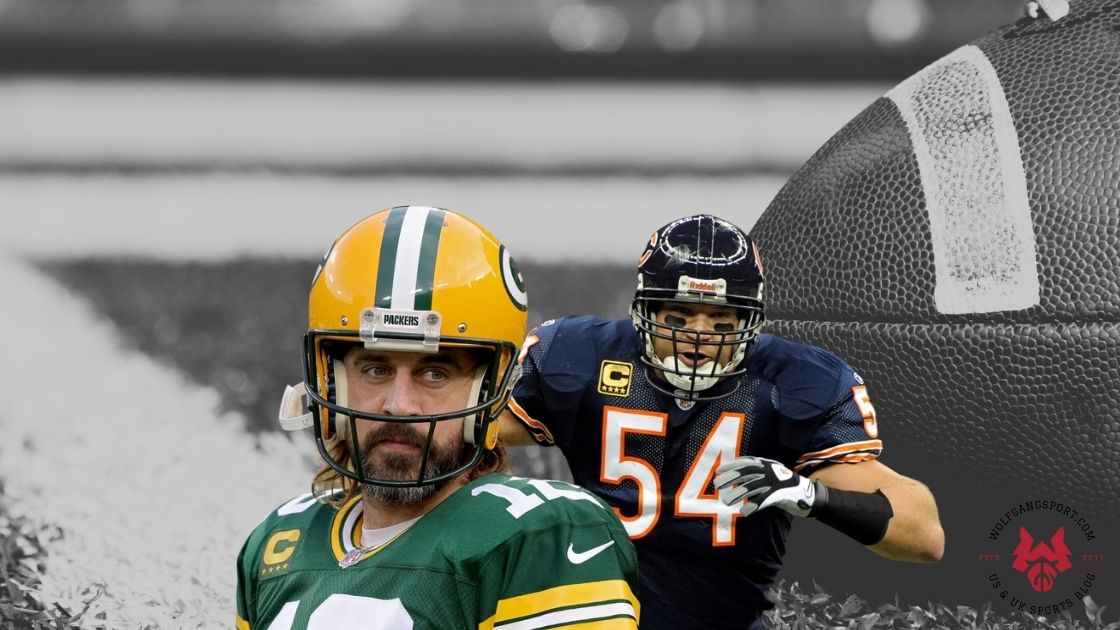
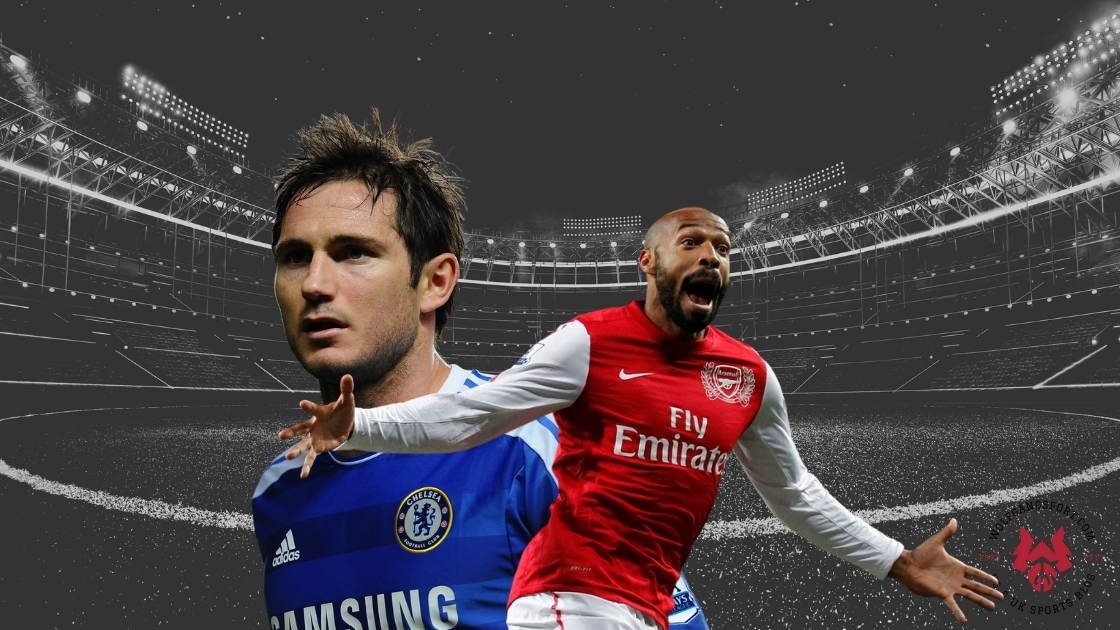



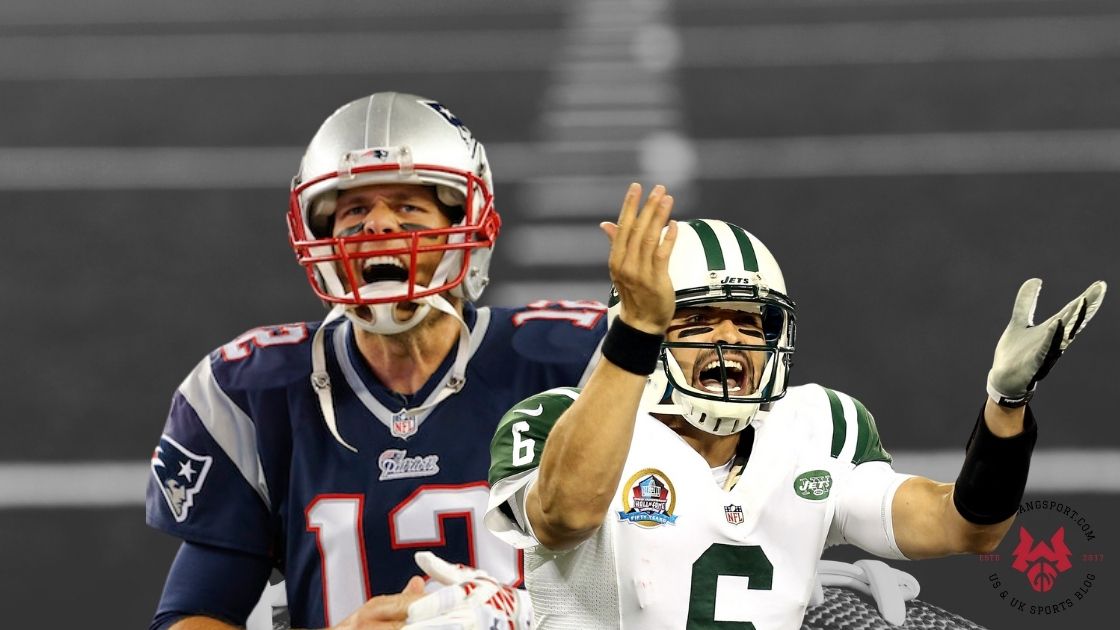

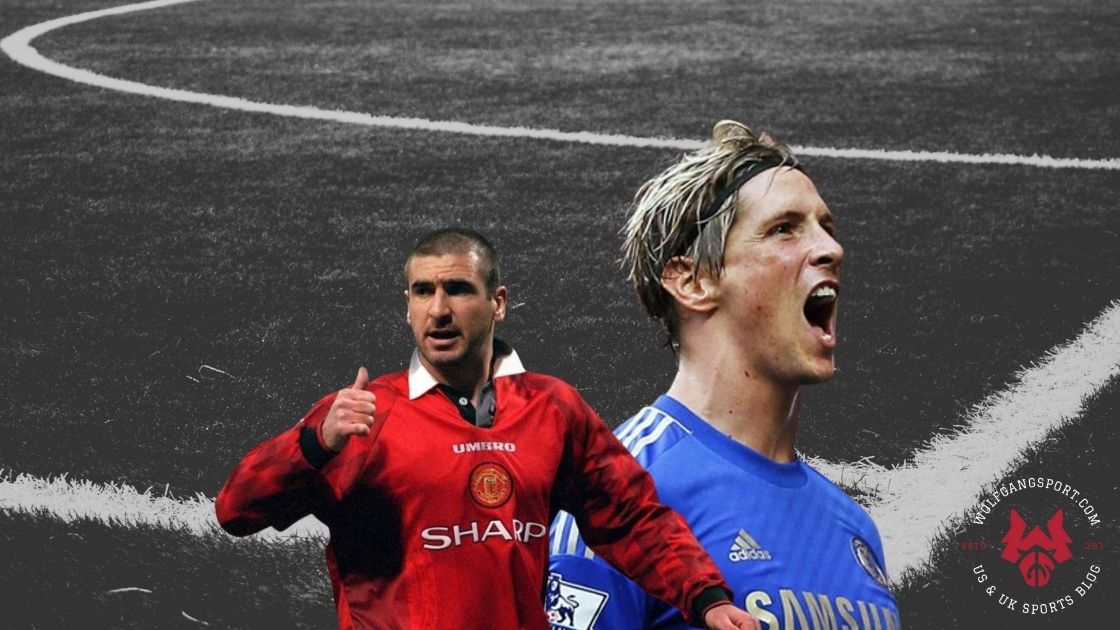

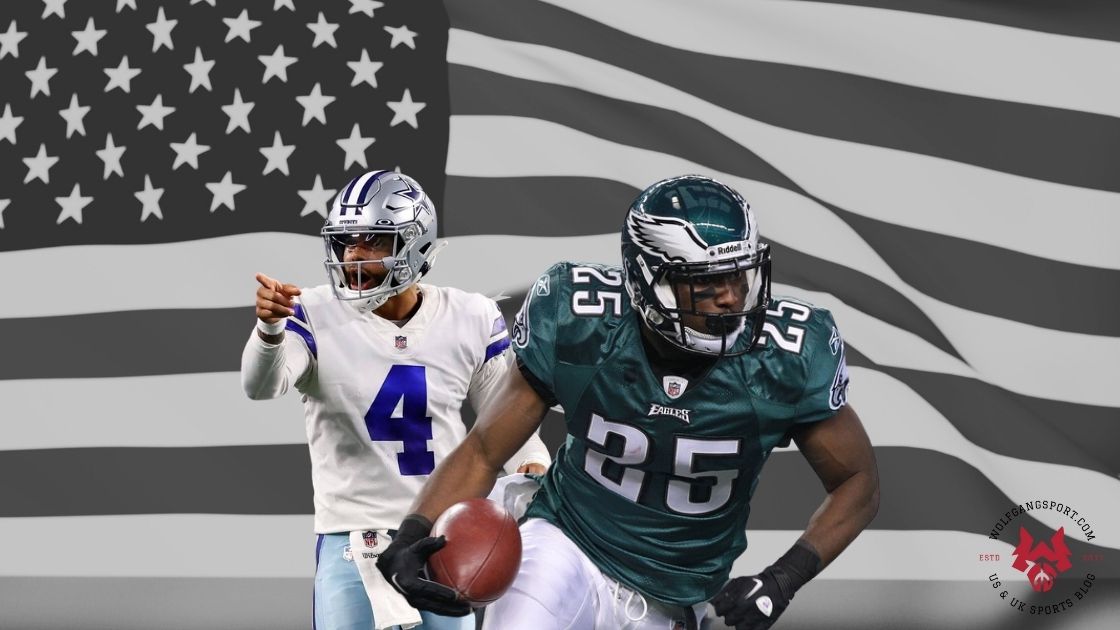
Comments